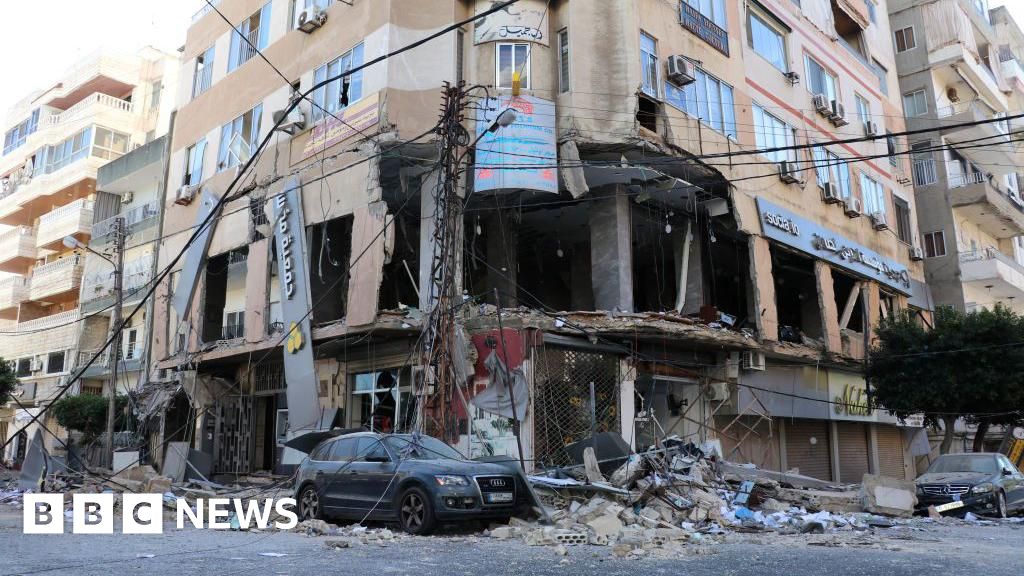Israel has been hitting some of the civilian organisations linked to Hezbollah, as part of its campaign in Lebanon.
Aside from the AQAH, it has hit the Islamic Health Society (IHS), funded by Hezbollah, which operates emergency services, hospitals and medical centres across the county. It has also struck its search-and-rescue teams, killing dozens of rescue workers. Israel claims Hezbollah “is using the IHS as a cover for terrorist activities” and that those killed were carrying out military roles – but that is denied by the IHS.
Israel has also hit buildings housing people who had been displaced by its bombing and evacuation orders.
Such attacks raised widespread suspicion here in Lebanon that Israel is targeting the civilian population that is supportive of Hezbollah – widely referred to here as the ‘bi’a’ of Hezbollah, a word that translates literally as “environment”, and is taken to refer to the social base of the group.
It is a community made up of hundreds of thousands of Lebanese who support the party, vote for it, are employed by various civilian organisations linked to it, or are relatives of Hezbollah fighters and members.
Hezbollah’s relationship with that social base – concentrated in Shia-majority areas in the south, the eastern Bekaa valley, and the southern suburbs of Beirut – has long been considered a source of strength for the group.
But it has also placed it in the crosshairs of Hezbollah’s enemies.
Israel says AQAH finances Hezbollah’s military activities – a claim denied by the group, which says it has no role beyond offering small, interest-free loans to ordinary Lebanese, in line with Islamic law’s prohibition on charging interest.
Following the strikes on AQAH branches last month, Israel’s then-defence minister said on X that Israel was “destroying the terrorist organisation’s ability to both launch and buy missiles”.
From an international humanitarian law perspective, experts say AQAH is not a lawful military target regardless of Israel’s claims that it plays a role in financing Hezbollah.
“International humanitarian law does not permit attacks on the economic or financial infrastructure of an adversary, even if they indirectly sustain its military activities,” according to Ben Saul, UN Special Rapporteur on Human Rights and Counter-terrorism.
Mr Saul said the bombing “obliterates the distinction between civilian objects and military objectives” and “opens the door to ‘total war’ against civilian populations”.















